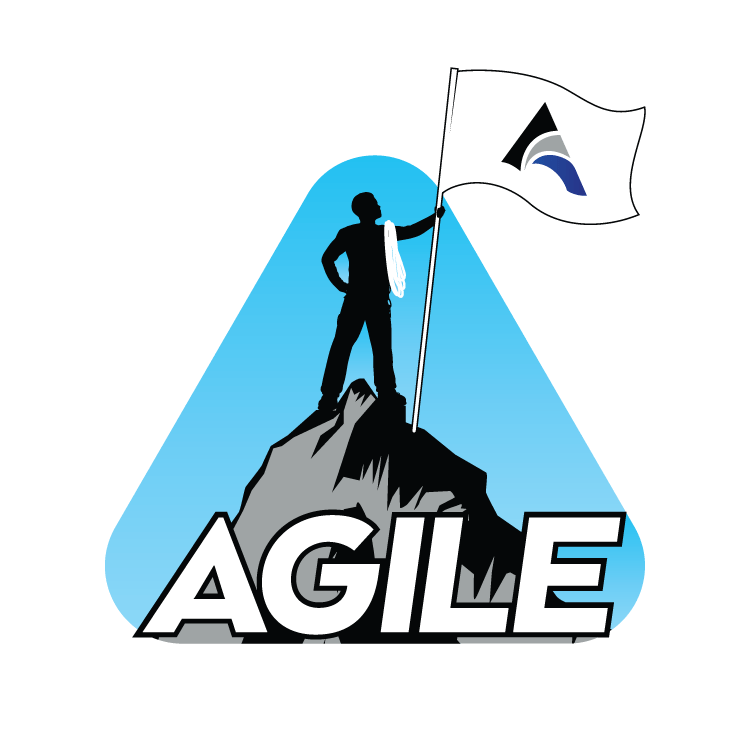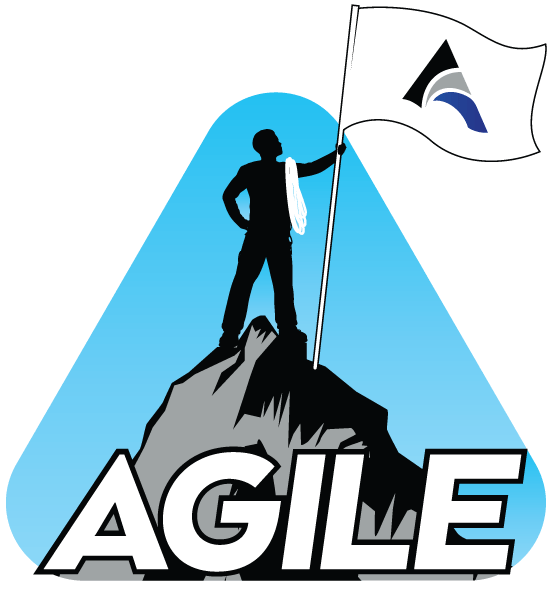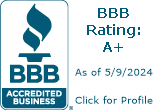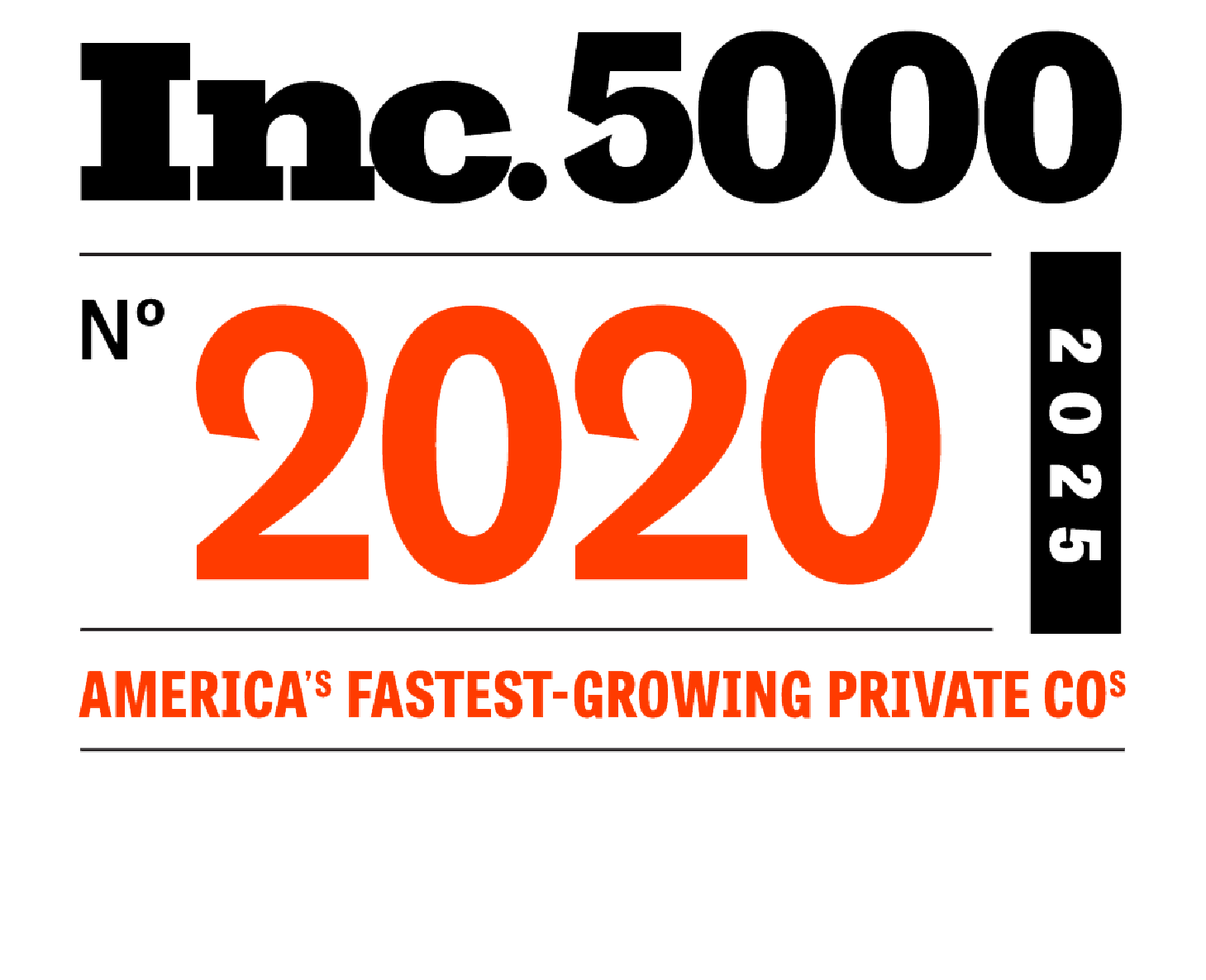California Sales Tax on Software and Digital Products
California applies a unique sales and use tax structure to software, digital goods, and technology services. Unlike many states, California does not impose tax on electronically delivered software or cloud-based platforms, such as Software as a Service (SaaS) or Platform as a Service (PaaS). However, tangible software deliveries, hardware, and some services may trigger tax obligations.
Understanding California’s software sales tax and SaaS sales tax rules is essential for businesses that develop, sell, or license digital products and platforms. This guide breaks down what is taxable and what
qualifies for exemption across software types and related services.
Page - Table of Contents
Taxability of Software in California
- Prewritten Software
- Custom Software
Cloud-Based Services in California
- Software as a Service (SaaS)
- Platform as a Service (PaaS)
Implementation & Installation Services
- Onsite
- Remote - Live
- Remote - Pre-recorded
- Optional
- Mandatory
Exemptions and Special Considerations in California
Compliance Tips for Businesses

Taxability of Software in California
California classifies software as either prewritten (standard) or custom, and applies tax based on how the software is delivered.
Prewritten Software
Prewritten software is not taxable if delivered electronically, such as via internet download or remote access. California only taxes the sale of tangible personal property, so as long as the software is not transferred via physical media, it remains exempt from tax.
However, if prewritten software is delivered on a physical disk or drive, the transaction is taxable as a sale of tangible personal property.
Custom Software
Custom software is not taxable, regardless of how it is delivered. Custom solutions, those specifically designed or substantially modified for the buyer are considered non-taxable services in California.
California Cloud-Based Services
Cloud-based solutions such as SaaS and PaaS are generally exempt from California sales tax, provided they are not bundled with taxable tangible goods.
Software as a Service (SaaS)
SaaS is not taxable in California. The state does not tax access to software that remains on the vendor’s servers and is not downloaded or transferred to the user. SaaS is treated as a nontaxable service when users do not receive physical or digital possession of the software.
Platform as a Service (PaaS)
Like SaaS, PaaS is not taxable when accessed over the internet. As long as no software is delivered in tangible form, PaaS transactions are classified as exempt.
Hardware & Tangible Items
California imposes sales tax on computer hardware and other tangible IT assets. This includes items such as servers, workstations, and network peripherals like routers and switches. Because these goods are classified as tangible personal property, they are subject to sales tax at the time of purchase. Businesses acquiring these items for operational use should ensure proper tax is applied during the transaction to maintain compliance.
Implementation & Installation Services
In California, services related to implementing or configuring software are generally not taxable, as long as they are clearly separated from the sale of taxable goods.
- Charges for system setup, software configuration, or integration are non-taxable if separately stated on the invoice.
- If implementation services are bundled with tangible property (like hardware or packaged software), the entire transaction may become taxable.
- Consulting or project management services related to software deployment are also exempt, provided they are billed independently from taxable deliverables.
To maintain exemption, businesses should ensure that all service-related fees are clearly broken out on invoices and documented as distinct from hardware or prewritten software sales.

Training Services
Training services are not taxable in California when separately invoiced. This applies across formats.
Onsite
Non-taxable if listed independently from software charges. May be taxed if bundled with tangible software or hardware.
Remote - Live
Non-taxable, treated as a standalone service.
Remote - Pre-recorded
Non-taxable, provided the training is not delivered on physical media.
Maintenance Agreements
Maintenance agreements are treated based on the software type and delivery format.
Optional
Optional maintenance agreements related to custom software are not subject to California sales tax. The state does not impose tax on support-only contracts, provided they do not involve the transfer of tangible property. As long as the agreement pertains to exempt custom software and only includes non-tangible services like technical support or troubleshooting, it remains non-taxable.
Mandatory
Mandatory maintenance agreements are also non-taxable when tied to exempt custom software. In California, custom software is not considered tangible personal property, and therefore, maintenance contracts, regardless of whether they are optional or required—are treated as service transactions and are not subject to sales tax.
Exemptions and Special Considerations in California
California provides several exclusions that can reduce software sales tax and SaaS sales tax burdens:
- Electronically Delivered Software: Exempt if not transferred via physical media
- Custom Development: Fully exempt, even when installation is included
- Training & Consulting: Not taxable if separately stated
Bundling Risk: Avoid combining software, services, and hardware into a single line item to preserve
exemptions.


Compliance Tips for Businesses
Complying with California’s nuanced rules requires diligence in classification, invoicing, and documentation. To stay ahead of audit risk:
- Keep software delivery method clear on every invoice
- Break out exempt services (training, support, configuration)
- Avoid bundling hardware with nontaxable services
- Document when software is custom vs. standard
- Monitor California Department of Tax and Fee Administration (CDTFA) updates
Key Takeaways
In California, prewritten software is only subject to sales tax when delivered on physical media. Electronically delivered or accessed versions are not considered tangible personal property and are therefore exempt. Custom software is also non-taxable, provided it is developed to meet the specific needs of the client.
Cloud-based services such as Software as a Service (SaaS) and Platform as a Service (PaaS) are generally exempt from sales tax because the customer does not receive possession of the software or hardware—only access. In contrast, hardware like servers, laptops, and networking equipment is always taxable, as it qualifies as tangible personal property under state law.
Implementation and training services are non-taxable when they are separately stated on the invoice and not bundled with taxable goods. California also exempts maintenance agreements for custom software, whether optional or mandatory, as long as they do not involve the transfer of tangible items.
Proper classification of software, accurate invoicing, and clear documentation of delivery methods are all essential for ensuring compliance and minimizing tax risk in California.
Need Help Navigating California Software and SaaS Sales Tax?
Agile Consulting Group helps businesses simplify software sales tax and SaaS sales tax compliance in California. Whether you’re selling digital platforms, bundling services, or managing hybrid deployment models, our team can help ensure your tax treatment aligns with state law.



